The Nordic Research Council for Criminology (NSfK) has awarded grants for criminological research to provide new insights into a variety of topics, including drug wholesaling, responses to hate crime, sentiments on crime and punishment in the Nordics, restorative justice, prevention of child sexual offences, and more.
This year NSfK received four applications for a joint Nordic project, 13 applications for individual research projects, and seven applications for working groups. At its annual council meeting in March 2024, the council decided to award grants to seven research projects and working groups.
– On behalf of the Council, I would like to congratulate the researchers. We wish you the best of luck with your projects and look forward to important research results with high academic and policy relevance, says the chair of the council Heidi Mork Lomell.

Nordic sentiments of justice
The council awarded funding to one joint Nordic project addressing how people perceive crime and justice in the Nordics.
The project leader is lecturer Klara Hermansson from University of Gävle and Stockholm University. Her team consists of Professor Tove Pettersson and Associate Professor Kalle Tryggvesson from Stockholm University, Professor Annick Prieur and Associate Professor Annette Olesen from Aalborg University, doctoral fellow Tiina Malin and postdoctoral fellow Piia Aitta from the University of Helsinki, Professor Helgi Gunnlaugsson from the University of Iceland, and Professors Peter Scharff Smith and May-Len Skilbrei from the University of Oslo.
– Personally, this grant will enable me to pursue my research interest in public sentiments related to crime and punishment. This grant will also strengthen the Nordic collaboration in this research field, and I’m looking forward to being a part of this quite large and very competent research group, says Hermansson.
Swedish Council member Erik Grevholm, Senior Research Advisor at the Swedish National Council for Crime Prevention (Brå), explains that the project takes a creative approach to a complex issue.
– It has proven difficult to agree on how the public opinion on penal and sentencing matters and practices can be understood, and in what way such sentiments of justice are relevant when penal policies are developed and in processes of legislation. I therefore particularly welcome the project’s somewhat novel approach, including letting young people in the five largest countries in the Nordic region elaborate on their thoughts on crime and punishment in focus groups and to give additional judgements in a complementary survey, Grevholm explains.
Joint Nordic project
Sentiments on Justice in the Nordic countries
Klara Hermansson (Sweden)
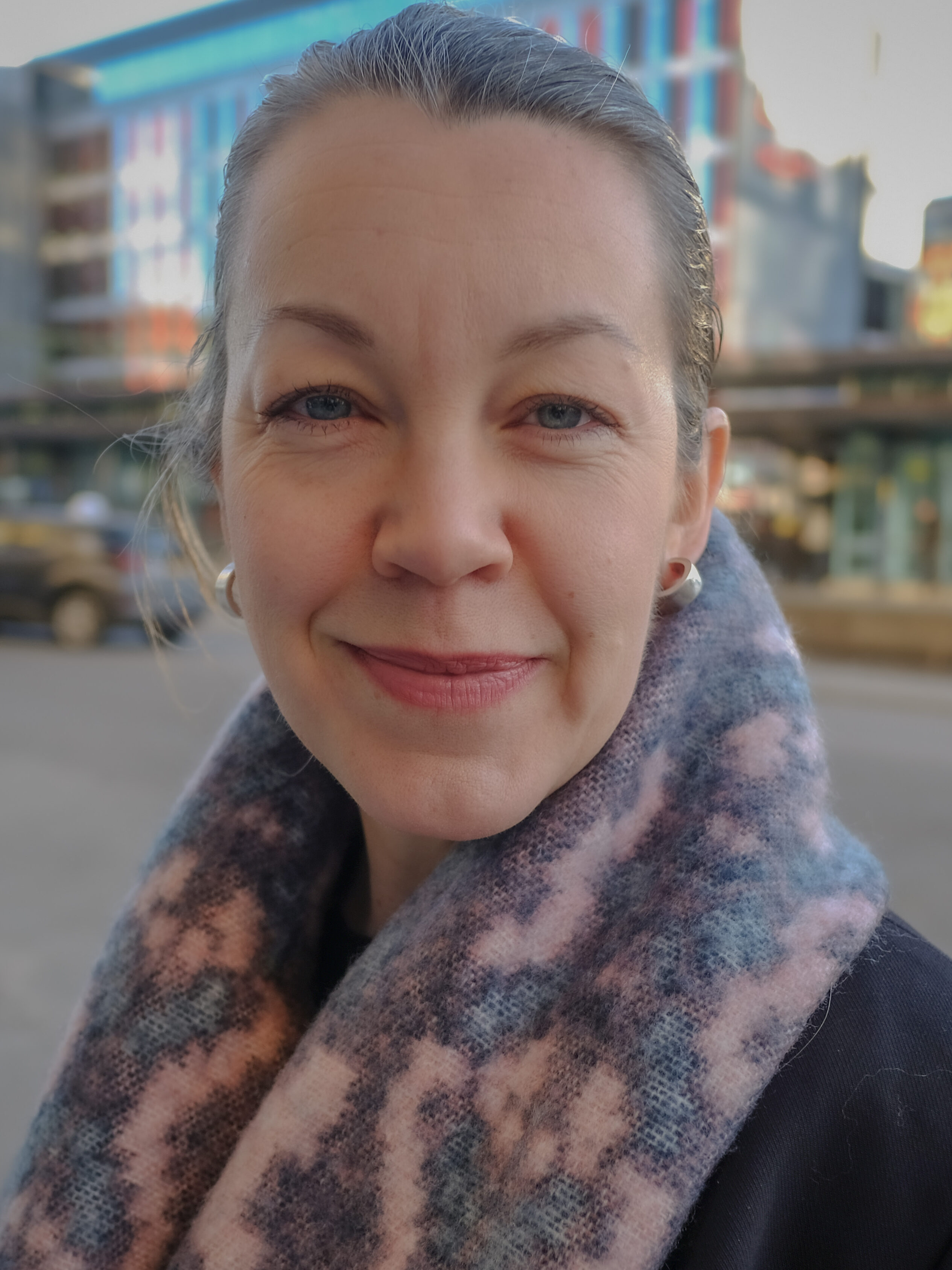
Knowledge on how people perceive crime and justice is important to maintain the legitimacy of the justice system. Such knowledge can also inform the public debate. This project will increase our understanding of sentiments on justice and penal cultures in the Nordic countries, by drawing on political documents as well as focus-group interviews with youths in these countries. We will provide in-depth knowledge on the public’s sentiments on justice and the way these sentiments are used politically with regards to four topical crimes: street violence, rape, drug offences, and hate speech online. By using a comparative approach, this project will also address the relationship between the political debate on crime and public sentiments on justice in the Nordics.
Individual grants
Drug Wholesaling Careers: A Registry-study of Life-course Trajectories into and out of Wholesale of Illegal Drugs
Thomas Friis Søgaard (Denmark)
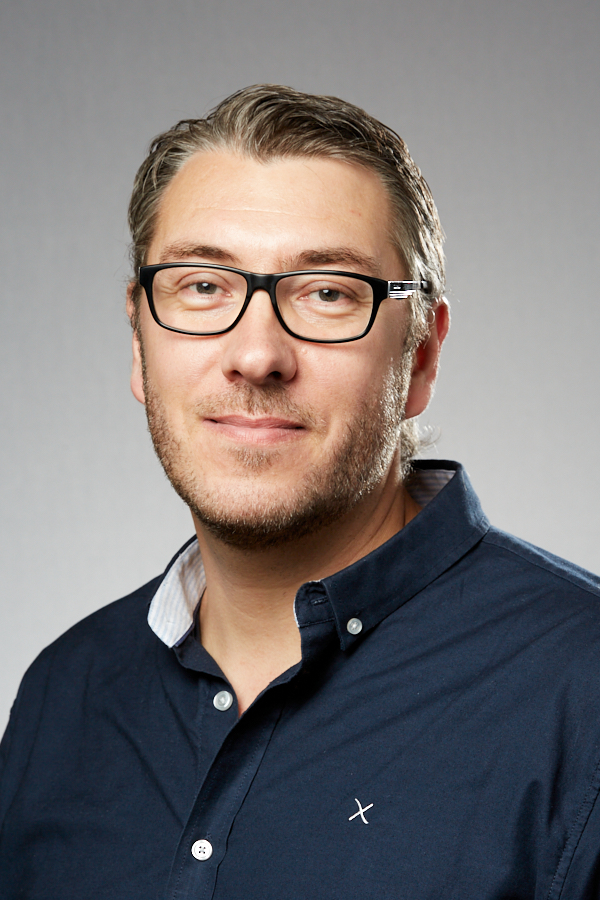
Serious drug crime is a multi-billion-dollar industry and a significant problem globally and in Denmark. This research project will draw on unique registry data, comprising entire official criminal records and extensive sociodemographic information on 10,666 males convicted of wholesale of illegal drugs in Denmark (1998-2020) to explore men’s life-course trajectories into and out of wholesale of large quantities of illegal drugs. The project contributes to criminological research by exploring the longitudinal characteristics of serious drug crime offenders’ life-course criminal trajectories. The project will also produce knowledge that can inform police work, policies, and crime prevention, including identification of risk factors for involvement in serious drug crime.
The effects of social policies in reducing criminality in Nordic countries: an early life perspective
Suvi Virtanen (Finland)
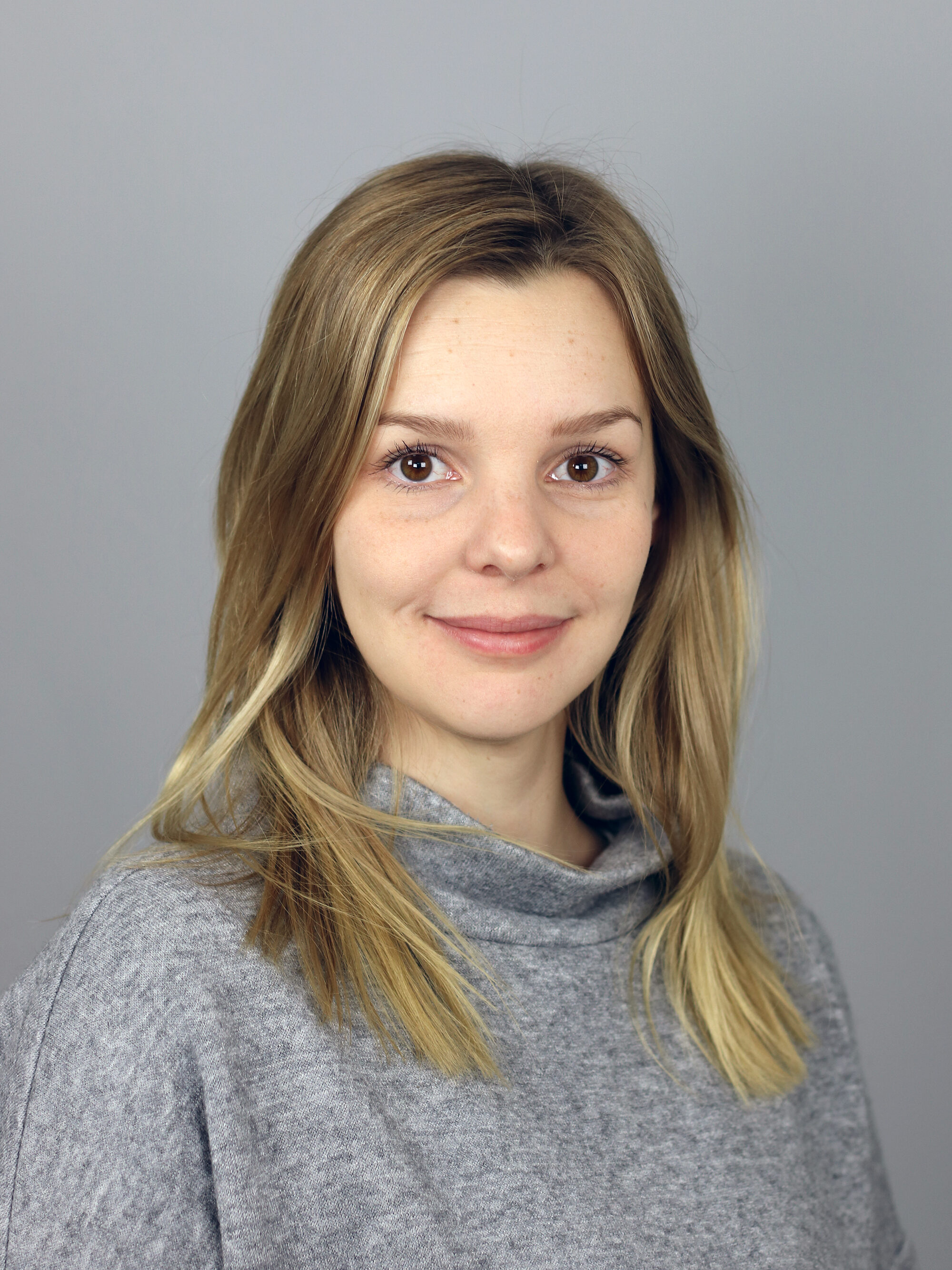
Criminal behavior of young people is a growing concern in Nordic countries. Public discussions on how to improve the situation often call for social policy responses, such as increased financial support for disadvantaged families, implying that policies aiming to reduce socioeconomic inequalities address the root causes of criminal behavior. While earlier studies have established that childhood socioeconomic situation correlates with criminality, they have largely been unable clarify whether the association is causal in nature – particularly in the context of Nordic welfare states. This proposal combines the use of high-quality Swedish and Finnish register data with (quasi)-experimental study designs to investigate how early life socioeconomic situation affects criminality, and which specific social policies can improve outcomes and for socioeconomic situation affects criminality, and which specific social policies can improve outcomes and for whom in the context of Nordic welfare states. The proposal focuses on three facets of socioeconomic environment and policies affecting them, including family economic situation, neighborhood deprivation, and early interventions. Moving the field past purely correlational evidence will accelerate scientific theory development. Further, the evaluation of specific social policies and interventions provides direct, actionable information for policymakers on measures that are (or are not) effective in reducing criminality in youth.
Working groups
Responses to Hate Crime in the Nordics: Understanding Emergent Policy, Legislation and Policing
Rune Ellefsen (Norway)
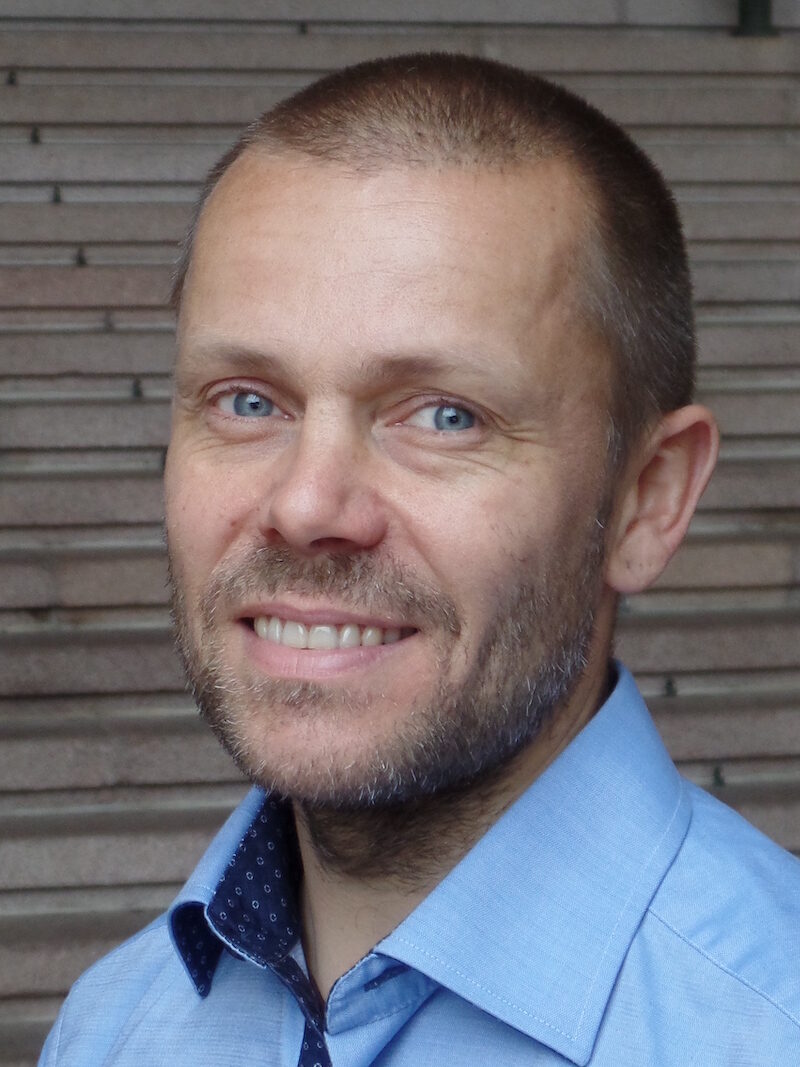
The working group meeting aims to establish cross-country collaboration between scholars researching the societal responses to hate crime in the Nordics. We seek to explore and compare the emergent policies, legislation, and policing of hate crimes across Nordic countries, and to investigate differences and similarities between the Nordics and other geographical regions.
The working group meeting will gather established and early career scholars to initiate a research network, share ongoing research papers, and develop and plan a Nordic research project which the group will seek research grants to realize. Center for Research on Extremism, Hate Crime and Political Violence (C-REX) will host the working group meeting at the University of Oslo in Norway.
Restorative Justice in the Nordic Countries
Aino Jauhiainen (Finland)
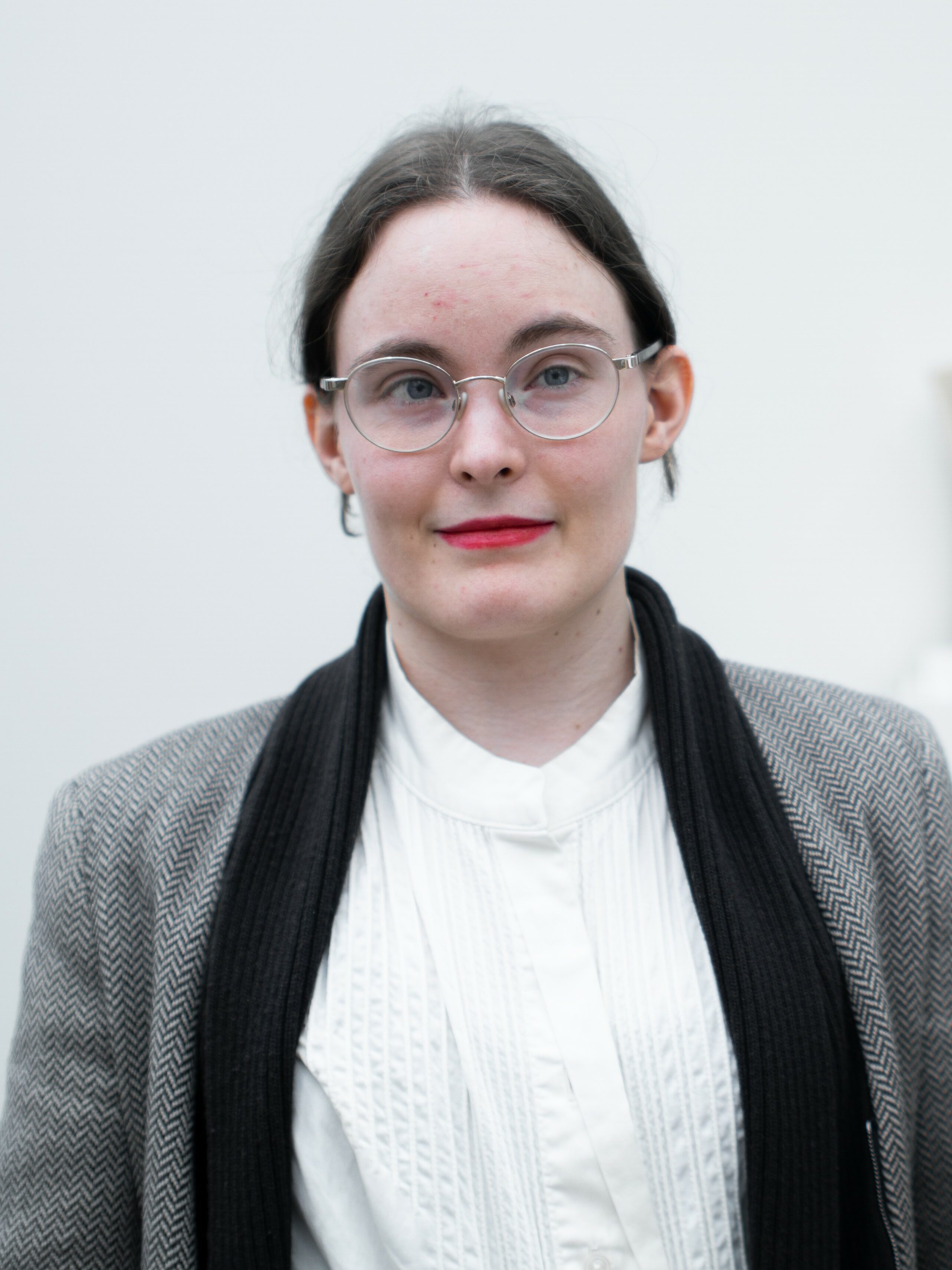
Restorative Justice emphasizes the necessity to repair harm caused by crime. Currently, there is no research comparing the restorative justice practices responding to crime of three or more Nordic countries. As such, the primary aim of this project is to deepen our understanding of similarities and differences in Nordic restorative justice policies by holding a working group meeting gathering Nordic researchers and experts from Finland, Iceland, Denmark, Norway, and Sweden. The second aim is to plan an original research proposal informed by the working group meeting. Based on insights from the meeting, a structured comparison framework will be drafted to identify research gaps, methodological challenges, and practice variations related to Nordic restorative justice.
The Nordic Biospychosocial Criminology Network
Amber L. Beckley (Sweden)

This project aims to update our understanding of criminal behavior by critically reevaluating biological, psychological, and social factors together. The Nordic countries are well-suited for this work because of a strong tradition in critical criminology and the possibilities offered by register-data-based biopsychosocial research.
This work will involve collaboration between institutions in Denmark, Finland, Norway, and Sweden. Following a series of meetings, we will produce a brief that presents an updated theoretical framework for understanding criminal behavior, suggests future research directions, and offers guidance for policy.
Nordic Research Network on Prevention of Child Sexual Offending
Kasper Jørgensen (Denmark)
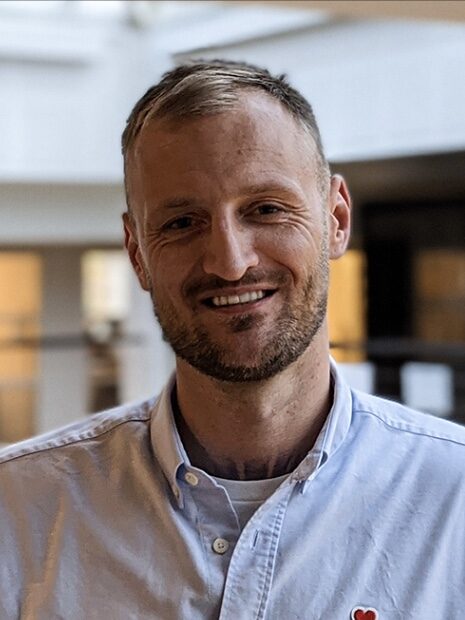
Child sexual offending is a significant societal, political, and public health issue. Despite this, there is a lack of knowledge on how to effectively prevent offending and reoffending among individuals with a sexual attraction towards minors, both internationally and within the Nordic context. The aim of the working group is to bridge this knowledge gap by establishing the Nordic Research Network on Prevention of Child Sexual Offending (NN-PCSO) and bringing together both early career and senior researchers in the field from different disciplines. Moreover, the establishment of NN-PCSO contributes to evidence-based discussions in the criminal justice policies of Nordic countries concerning legal strategies aimed at the prevention of child sexual offending.
Correction
The title of this post originally read “4 000 000 NOK awarded to new projects in criminology”. This was an error. The correct sum of this year’s grants is 2.83 MNOK.

